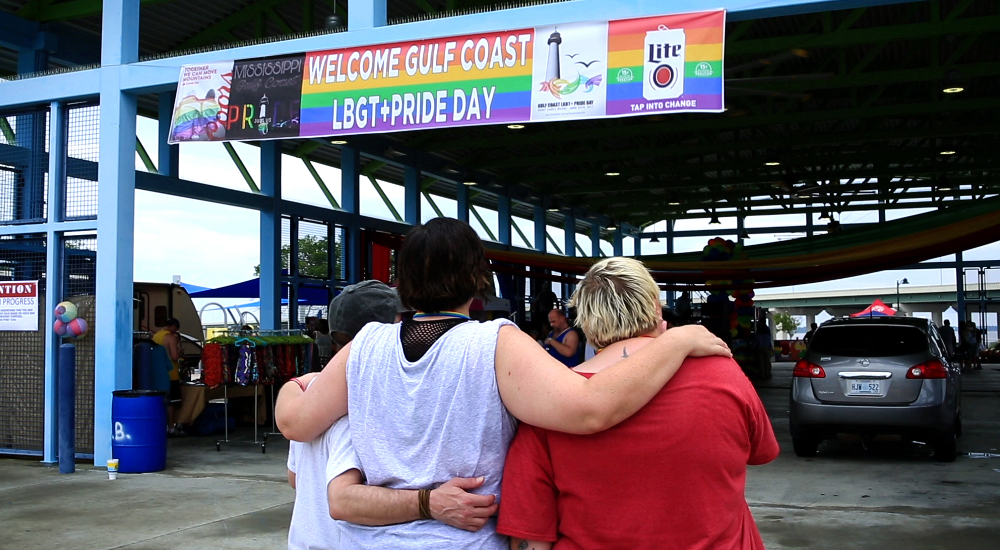“We do some weird stuff down at that building.”
Malcolm Ingram has a strong reputation on the festival circuit. A pioneer for the LGBTQ+ community, his films have helped to educate and normalize people, places, and things within the “lifestyle.” From Small Town Gay Bar and Bear Nation to Continental and Out to Win, Ingram has a knack for crafting a narrative, often informing without preaching or belittling those who either don’t agree or don’t fully understand.
Southern Pride, Ingram’s latest entry into his anthology series of enlightening documentaries, carries the same themes as his previous films: discipline and tolerance. However, the famed director hits a wall here. Unable to forge a path into our hearts as his subjects fail to yield any real sympathy, he walks us through their struggles and triumphs without the necessary gist or passion. Ingram opts to rely on our perceived (and expected) emotions as he tells an all-encompassing story that hits on politics, religion, and social acceptance. While there is undeniably a story here, it is much larger than Ingram foresaw, and as a result, he often gets lost within the many tangents of his central focus.
Centering on two separate small towns, both stationed in the heart of Trump-land Mississippi, Southern Pride quickly goes through the motions, introducing us to Lynn Koval, the white owner of Just Us Lounge, the oldest gay bar in the state. Through the first third of the film, we learn all about the bar, its historical significance as well as its current position as the backbone to the LGBTQ+ community. But absent are the personal antidotes and intimate details that help give the bar a resounding pulse.
As presented, the place is nothing more than a local hangout that provides a safe haven of sorts during trying times. We never get to understand its draw fully, and the tiresome effort of Lynn and her band of courageous fighters is glossed over and never fully developed as they work to execute a plan that would result in the first public Pride event in their small town of Biloxi.
Meanwhile, just down the interstate in Hattiesburg is Shawn Perryon Sr., the owner of Club Exclusive. She too is working to create the first public Pride event in her city, though her journey is left much to the imagination as screen time is limited. The result is a fight that is more assumed than documented making her reemergence towards the end of the film a dire attempt to visually unite the two stories that are already sociologically connected.
That, in large part, is the primary issue that sits at the base of Southern Pride. Though the story is one that needs proper exposure, Ingram attempts to deliver too much, forgetting the power that lies within the details as he skips from interview to interview, never dissecting the information that is presented and all too often distracted by what possibly lies ahead.
As we return to Lynn and see her struggle to raise money and gain the community’s support in her “project,” you do feel that she is fighting an uphill battle. However, as she complains about her current financial obligations, the unexpected construction outside of her bar, and the impending weather that can change on a dime, you begin to realize that Lynn is bearing anb enormous amount of burden. We never see anyone come to her aid, nor is there any focus given to her supporting staff. Whether anyone ever did or not is irrelevant. Southern Pride is a film about inclusiveness and togetherness, yet somehow it fails to showcase either in its most basic form.
*Southern Pride is being being released on all VOD platforms.

